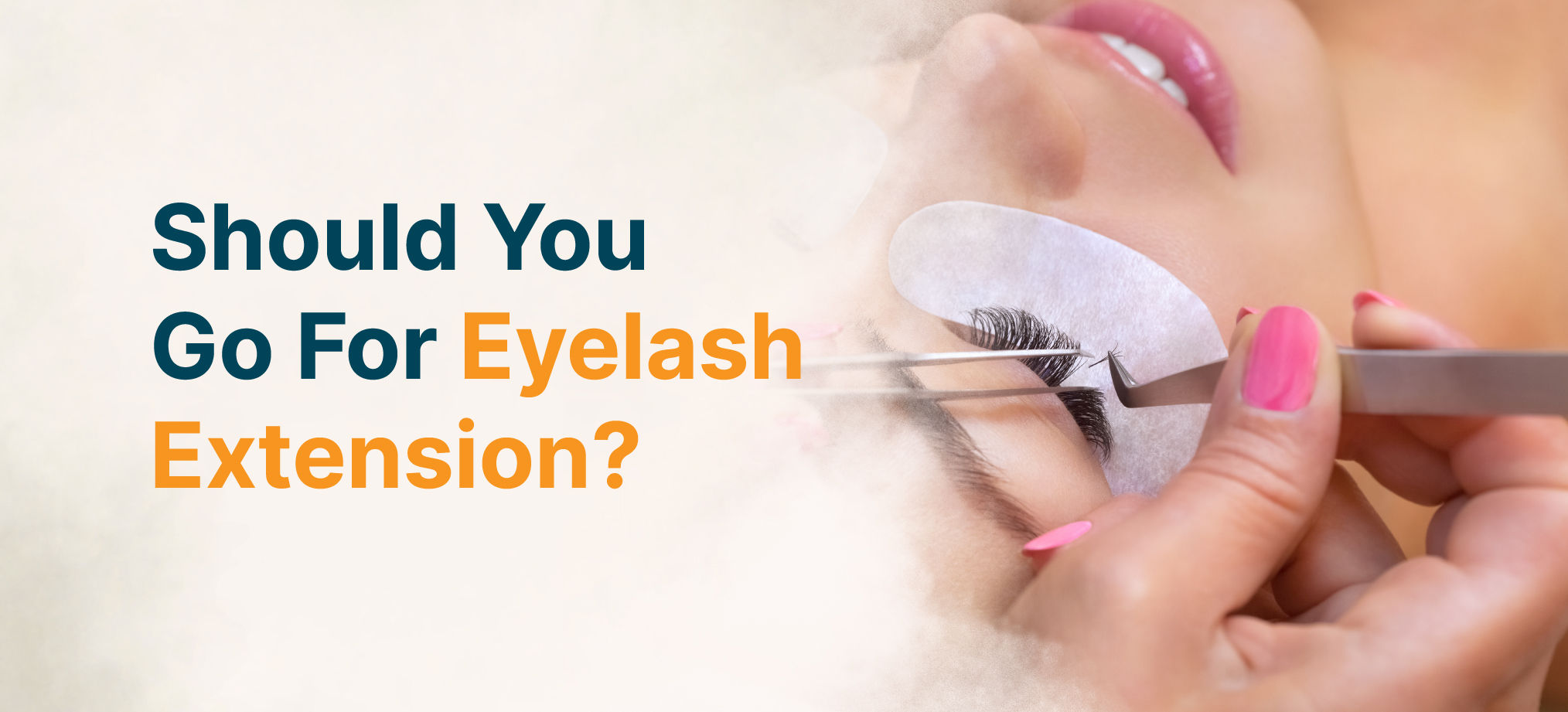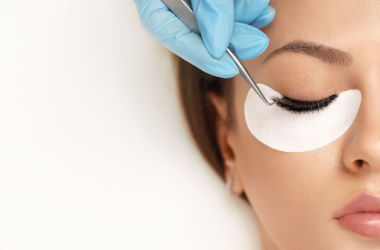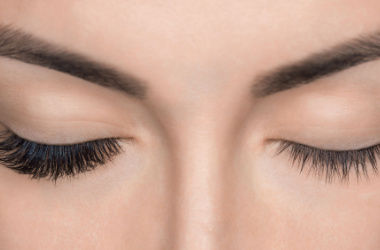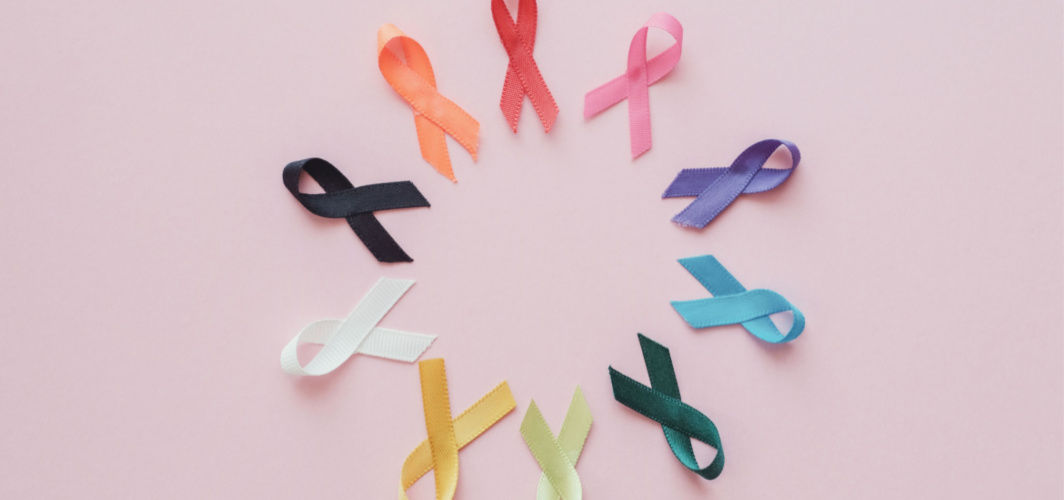General Health
This Is Why You Shouldn’t Go For Eyelash Extensions!
4 min read
By Apollo 24|7, Published on - 17 August 2022, Updated on - 18 October 2022
Share this article
0
27 likes

If you think your eyelashes are just to enhance the beauty of your eyes, you’re mistaken! Eyelashes shield your eyes from dust, dirt, and other harmful elements that can cause serious damage to the eyes. However, due to the unrealistic beauty standards set by social media, people tend to resort to ways that can help enhance their existing beauty. One such hyped beauty treatment is eyelash extension, which is the process of glueing semi-permanent eyelashes to your natural lashes. While this may give your eyelashes a longer, thicker, denser, or darker appearance, is it really worth it? Ophthalmologists claim that eyelash extensions can damage your natural lashes and result in eye problems. Let’s know more about eyelash extension in this article.
Eyelash Extensions 101
Usually, materials like silk, mink, or synthetics are used to make eyelash extensions. The best lash extension for you usually depends on your natural lashes and the style you want to achieve, which can range from natural to completely dramatic. The length, breadth, and degree of curl are chosen in accordance with your desired look by licensed eyelash specialists.

Don't go big, go home!
Despite your wish to glamorize your lashes, the natural lashes might not be strong enough to hold the extensions. The longer and broader the extensions you want, the more strain you exert on your natural lashes. If there is too much stress on the natural eyelash, they might fall out as well. Furthermore, it could also harm your follicle, the little chamber from which your eyelashes develop. Repeated trauma to the follicles would ultimately result in slow down or even halt the production of eyelashes. Long extensions may also restrict the eyelashes from shielding the eyes from dust and pollutants.
Side effects of eyelash extensions
The most common side effects associated with eyelash extensions are:
1. Allergic responses
Formaldehyde is a common preservative found in glues that are used to stick the extensions to the eyelashes. This chemical component can lead to an allergic response in your eye as well as on the skin around the eye.
The majority of allergies appear 24 to 48 hours after the adhesive is applied, contrary to what you may anticipate; a patch test might not be able to identify such an allergy. Additionally, even if you have been using the same adhesive for months or years, an allergy might develop at any time.
2. Infection, styes, and dry eyes
When you have eyelash extensions, you are advised to treat them tenderly and to prevent having them wet for the first 24 hours with water, cleansers, lotions, or any other treatment. After that window has passed, you must avoid letting oil-based items come in contact with your eyelids as the oil could dissolve the adhesive in the lash. Additionally, you are not permitted to scrape or tug at them.
As a result, any dirt and bacteria that get caught in your eyelash extensions could not be properly eliminated, easily entering your eye. It may also obstruct the oil glands at the base of the eyelash.
These glands secrete oil, which is a component of the tear film protecting your eye. Your tears might not evaporate because of the oil, which is one of its purposes. Tears may evaporate excessively fast due to an imbalance in oil production, which can result in dry eyes.
Blocked follicles may also produce a stye, which can turn into a bacterial infection. You can have symptoms of dry eye, photosensitivity, puffy eyelids, and pus discharge if your eye is infected.
3. Fibres in the eye
Our natural eyelashes fall out on a regular basis, therefore, the extension attached to a falling eyelash would also fall out. Even though it's rare, an eyelash extension can occasionally trap in the cornea, the clear membrane that protects the eyeball, resulting in infection.
When to see a professional?
Every symptom that persists for more than 48 hours has to be examined. Consult a physician if your symptoms become severe and involve excessive swelling, discomfort, or stinging on either your eyelids or eye.
It would be advised to get rid of the eyelash extensions if your eyes are really itchy or you're experiencing an allergic reaction. Your doctor will give eye drops if you're experiencing an allergic reaction so that you can lessen your symptoms. Antibiotics could be necessary if you have an infection.
However, similar symptoms can be seen in both allergic responses and illnesses. Therefore, it is necessary to see an expert to deal with either situation.

To sum up, eyelash extensions can be risky, expensive, and require a certain amount of upkeep. Therefore, you can look for other alternatives such as using mascara or false removable lashes to get the same results.
For more questions,
Medically reviewed by Dr Sonia Bhatt.
General Health
Leave Comment
Recommended for you

General Health
2023 the International Year of Millets: Know 7 Health Benefits of This Cereal
Millets, one of the world's oldest cultivated grains and staple food, are becoming increasingly popular due to their high fibre, protein, and antioxidant contents. They are also rich in essential amino acids and various vitamins and minerals. Including millet in your daily diet can improve your overall health and well-being.

General Health
Can Fish And Eggs Lower The Risk Of Developing A Fatty Liver?
Choline, an essential nutrient, can lower the risk of nonalcoholic fatty liver disease. Know the food items that are rich in choline.

General Health
7 Ways to Reduce the Risk of Cancer
According to medical and healthcare experts, an individual’s risk of developing cancer is influenced heavily by his or her lifestyle and dietary choices.
Subscribe
Sign up for our free Health Library Daily Newsletter
Get doctor-approved health tips, news, and more.
Visual Stories

The Best Exercises for Controlling Blood Sugar Levels
Tap to continue exploring
Recommended for you

General Health
2023 the International Year of Millets: Know 7 Health Benefits of This Cereal
Millets, one of the world's oldest cultivated grains and staple food, are becoming increasingly popular due to their high fibre, protein, and antioxidant contents. They are also rich in essential amino acids and various vitamins and minerals. Including millet in your daily diet can improve your overall health and well-being.

General Health
Can Fish And Eggs Lower The Risk Of Developing A Fatty Liver?
Choline, an essential nutrient, can lower the risk of nonalcoholic fatty liver disease. Know the food items that are rich in choline.

General Health
7 Ways to Reduce the Risk of Cancer
According to medical and healthcare experts, an individual’s risk of developing cancer is influenced heavily by his or her lifestyle and dietary choices.